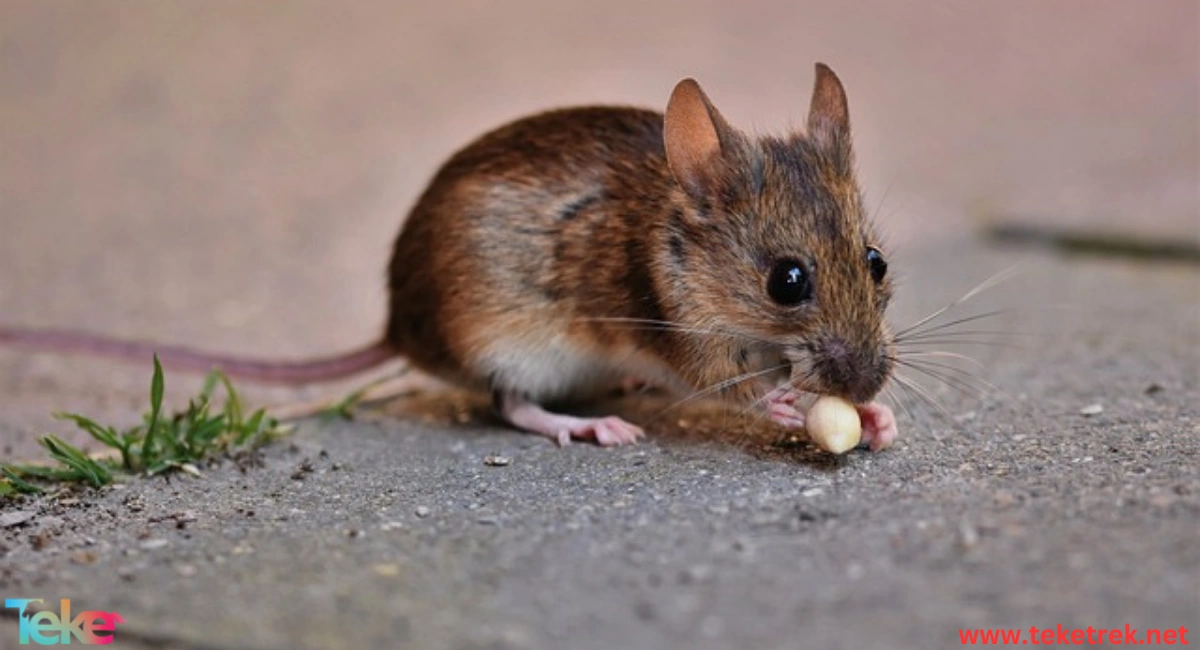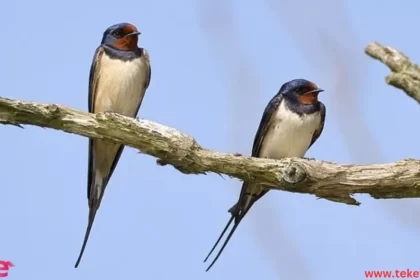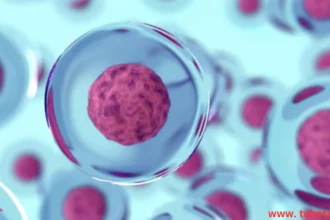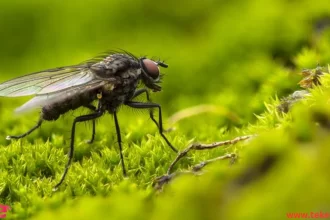Rodents are a group of small mammals. We will discuss them below on the TekeTrek Website, mentioning their characteristics, types, and dietary habits.
Definition of rodent
Rodents, small mammalian animals resembling mice, comprise a wide range of species within the mammalian classification and are distinguished by their teeth specialized for gnawing and grinding food.
They include mice, rats, squirrels, rabbits, and hamsters. Additionally, they inhabit various environments and play a significant role in the ecosystem by improving soil and regulating insects.
Rodents reproduce quickly and contribute to the balance of nature.

Rodent species
Rodents form a wide group of living organisms comprising many species such as:
- Mice
- Rats
- Squirrels
- Hamsters
- Rabbits
- Guinea pigs
- Pocket gophers
- Marine rodents
- Flying squirrels
Pet rodent are considered enjoyable and beloved animals by many people. Pet rodent include various species such as:
- Hamsters: Small and cute rodent known for their calmness and ease of care in households.
- Rats: Different species of rats are kept as pets.
- Squirrels: Among the most popular pet rodent, they make lovely companions for children.
- Mice: There are mice bred as pets, known for their intelligence.
Nutrition in rodents
Nutrition in rodent varies according to their type as follows:
Hamsters:
Hamsters feed on a wide range of foods including:
- Fiber and protein-rich grains.
- Fresh vegetables like carrots and cucumbers.
- Seeds and grains.
Rats:
Rats consume diverse foods including:
- Balanced grains.
- Fresh fruits and vegetables.
- Protein derivatives like sunflower seeds and grains.
Squirrels:
Squirrels have a varied diet and consume different types including:
- Commercial grains, vegetables, and fruits.
- Nuts and seeds as sources of protein and fats.
- Clean water.
Mice:
Mice feed on a wide range of foods including:
- Protein-rich grains.
- Vegetables and grains.
- Nuts and almonds.
Reproduction in rodents
Rodents reproduce according to their species, and here is an overview of the reproduction process for some species:
- Hamsters: Females have a short gestation period ranging from 15 to 20 days, typically giving birth to 4 to 12 offspring.
- Rats: They reproduce rapidly, with a gestation period of 18 to 22 days, and females usually give birth to 6 to 12 offspring. Rats start reproducing at around one month of age.
- Squirrels: They reproduce in both spring and autumn, with a gestation period of up to 40 days, and females typically give birth to 3 to 6 offspring.
- Mice: Mice are prolific breeders, giving birth to 6 to 12 offspring in each litter.
The environmental importance of rodents
Rodents play a crucial role in the environment and have significant ecological importance such as:
1. Waste decomposition and seed dispersal: Rodent play a vital role in breaking down organic matter and dispersing seeds, contributing to the spread of plants.
2. Seed dispersal: Some rodent species contribute to the transportation and distribution of seeds in the environment, leading to plant diversity.
3. Predation: Certain rodent help regulate insect and invertebrate populations.
4. Ecosystem balance: Rodent contribute to environmental balance by influencing various biological components.
5. Protection of biodiversity: Rodent promote and maintain biodiversity through their environmental and biological impact.
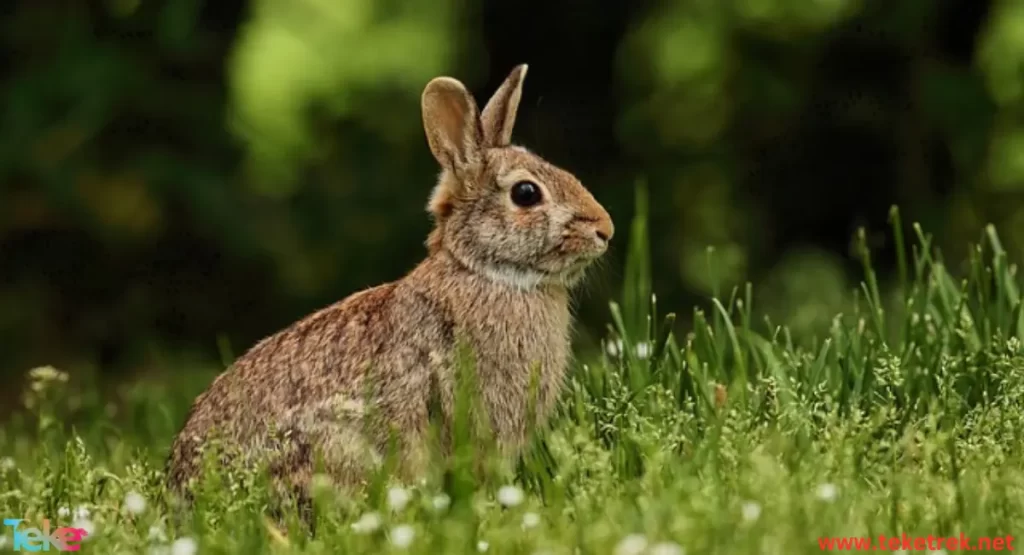
Common questions
Some of the common questions about rodent:
1. What are examples of rodents?
Mice, rats, squirrels, and hamsters.
2. How many species of rodents are there?
There are approximately 2600 known species of rodent, varying in sizes, shapes, and behaviors.
3. Why are rodents called rodents?
The classification “rodents” encompasses a group of mammals known for gnawing with their teeth, including rats, mice, and squirrels.
4. Are rodents a health hazard to humans?
Maintaining cleanliness and implementing pest control measures can prevent some rodent from transmitting diseases and posing a threat to public health.
5. What are the most common types of rodents found in homes?
Rats and mice are the most common types of rodent found in homes and buildings.
6. How can rodents be effectively controlled?
There are several effective methods for controlling rodent, including the use of traps, safe pesticides, and relying on the services of pest control companies.
7. What are the dietary habits of rodents?
Rodents’ dietary habits vary depending on the species, but generally, they consume grains, seeds, vegetables, and fruits.
8. Do rodents have environmental benefits?
Yes, rodent play an important role in the ecosystem by contributing to the decomposition of organic waste and the dispersal of plant seeds.
In summary, rodent contribute to ecosystem regulation and seed dispersal, are mammals, reproduce through birth, and inhabit various environments including wild and agricultural habitats.

